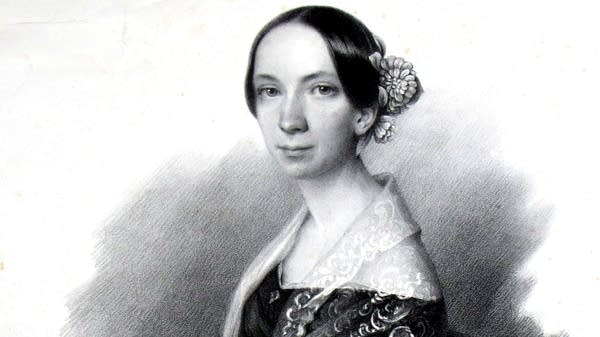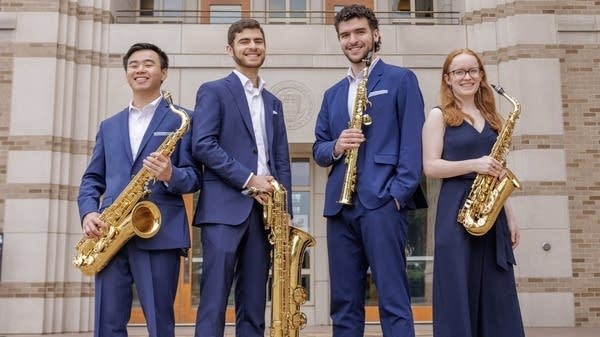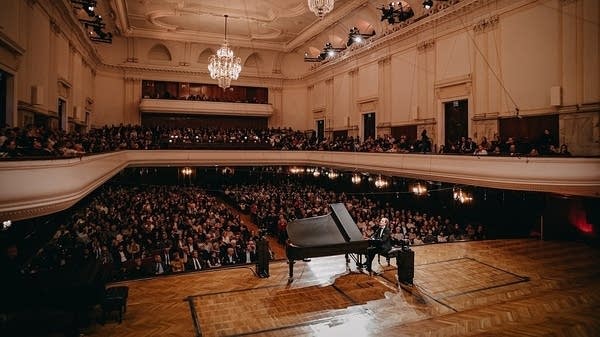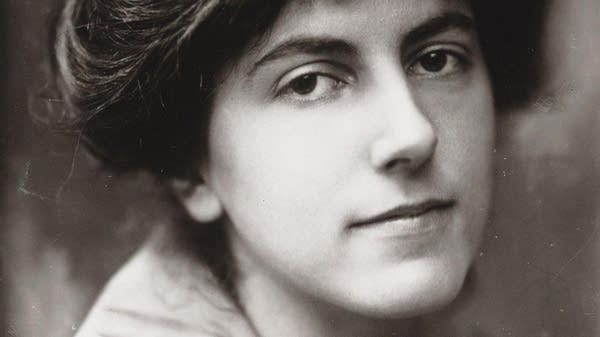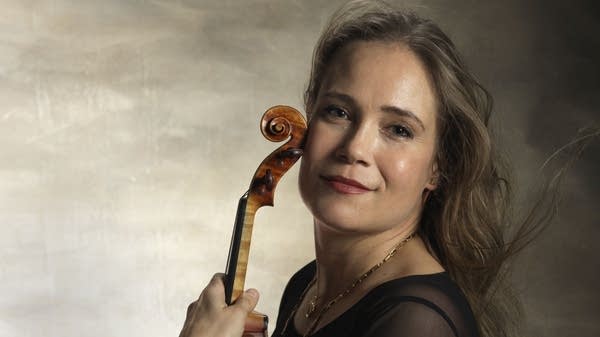Rebecca Clarke: Dumka
In Ukrainian, the word "dumka" means "thought" or “notion." In music, a dumka is a somewhat dreamlike dance that often revisits a bittersweet reflection on life's sadness. Today, we’ll hear English composer Rebecca Clarke’s ‘Dumka,’ from a concert presented by the Fabian Concert Series in Macon, Georgia.


